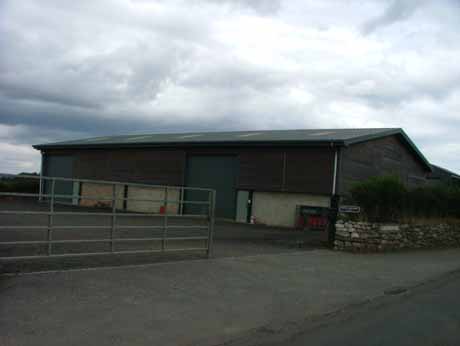August 19, 2012
Further Excavations at "Roman Town" in South Devon
Described this time last year by the BBC as "England's western-most Roman town", what is now instead referred to as a "native village" is currently being excavated just outside Ipplepen in South Devon. According to Dr Ioana Oltean from the University of Exeter:
[The village] may have been in existence before the Roman period. However, it traded actively with the Romans, shown by the initial collection of coins found and the ornate pottery, usually found near large cities and military camps and not in villages where most people would have used basic wooden bowls. The uniqueness of this Romano-British settlement is shown in the level of coins and types of pottery found, indicating that an exchange in goods and money was happening in the area, on a much larger scale than known in other villages in Britain at this period of time.
Danielle Wootton, Devon Finds Liaison Officer for the Portable Antiquities Scheme, added that:
Previously there was little evidence of any Roman influence beyond the Roman city of Exeter. We are starting to see more evidence of Roman influence further into Devon and Cornwall, through new discoveries such as Calstock and now this large Romano-British settlement. What is interesting on the site is that, despite the presence of Roman pottery and coins, the inhabitants are still living in native roundhouses, as Britons had done for centuries before, so they are maintaining some traditional ways whilst adapting to the influence of the Roman empire.
This is all most interesting for an amateur antiquarian like yours truly, but does of course raise far more questions than it answers. One of the foremost in my own mind at present is this one – What on Earth were Teignbridge District Council thinking of when they gave planning permission for this sort of structure:
to be built on top of this sort of archaeology?
Filed under Archaeology by

Comments on Further Excavations at "Roman Town" in South Devon »
P.S. Unfortunately due to inclement weather here in not so sunny South West England the "Open Day to see the excavations and talk to the archaeologists" mentioned in the Exeter University article had to be postponed.
It has now been rescheduled for Thursday 23rd August between 11:00 and 15:30, and is presumably still "free of charge and open to all members of the public"